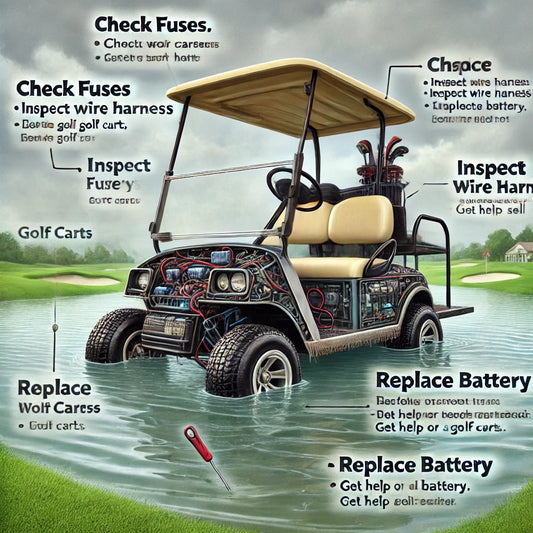Low-Speed Vehicles (LSVs) are becoming increasingly popular in Florida for their convenience and eco-friendliness. However, unlike standard golf carts, LSVs are subject to different regulations in terms of registration and obtaining a tag. In this article, we will delve into Florida LSV laws and provide an overview of the requirements for obtaining a tag and registering your LSV.
What is an LSV?
An LSV is a four-wheeled electric vehicle with a top speed between 20 and 25 miles per hour. LSVs are typically larger than standard golf carts and often have more advanced features, such as seat belts and enclosed cabins. In Florida, LSVs are classified as motor vehicles and are subject to specific regulations that do not apply to traditional golf carts.
LSV Equipment Requirements
According to Florida Statutes 320.01(41) and 316.2122, LSVs must meet specific equipment requirements, including:
- Headlamps
- Front and rear turn signals
- Stop lamps
- Tail lamps
- Reflex reflectors
- Parking brake
- Rearview mirrors
- Windshield
- Seat belts
- Vehicle Identification Number (VIN)
Obtaining a Tag and Registering an LSV in Florida
Since LSVs are considered motor vehicles in Florida, they must be registered, titled, and tagged. To register your LSV, follow these steps:
- Obtain a Florida Title: First, you will need to apply for a Florida title at your local county tax collector's office. You will need to provide proof of ownership, such as a manufacturer's certificate of origin or a title from another state.
- Insurance: Before registering your LSV, you must obtain insurance coverage. Florida law requires LSVs to have Personal Injury Protection (PIP) and Property Damage Liability (PDL) coverage at a minimum.
- Register and Obtain a Tag: Once you have a Florida title and insurance, you can register your LSV at the county tax collector's office. Upon registering, you will receive a license plate and a registration sticker to affix to your LSV.
Driving an LSV on Public Roads
LSVs are permitted on public roads with posted speed limits of up to 35 mph. However, local governments may impose additional restrictions, so it's important to be familiar with the specific regulations in your area. All LSV drivers must have a valid driver's license, and LSVs must adhere to all traffic laws.
In conclusion, registering and obtaining a tag for an LSV in Florida involves meeting specific equipment requirements, obtaining a title, getting insurance coverage, and registering the vehicle at your local county tax collector's office. Once registered, you can legally operate your LSV on public roads with posted speed limits up to 35 mph, provided you adhere to all traffic laws and hold a valid driver's license. At Cutting Edge Golf Carts, we can help you understand and navigate Florida LSV laws and ensure that your vehicle is compliant. Contact us today for assistance with your LSV registration and enjoy your eco-friendly transportation with peace of mind.




